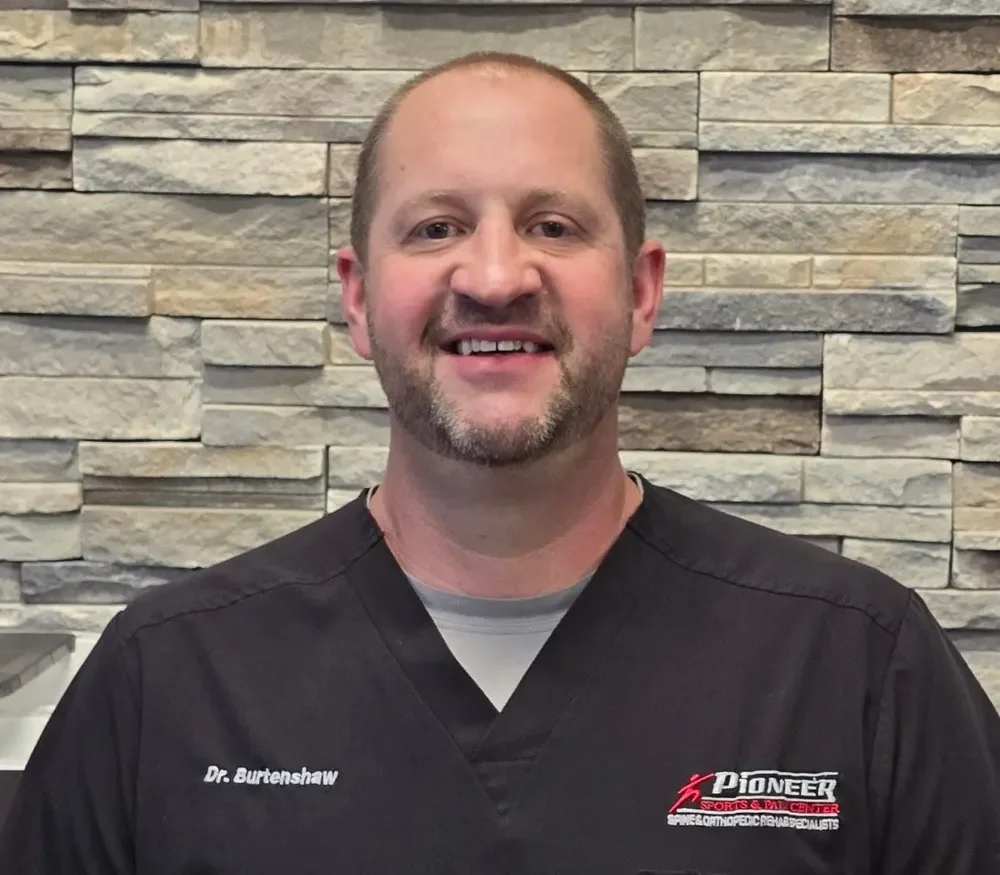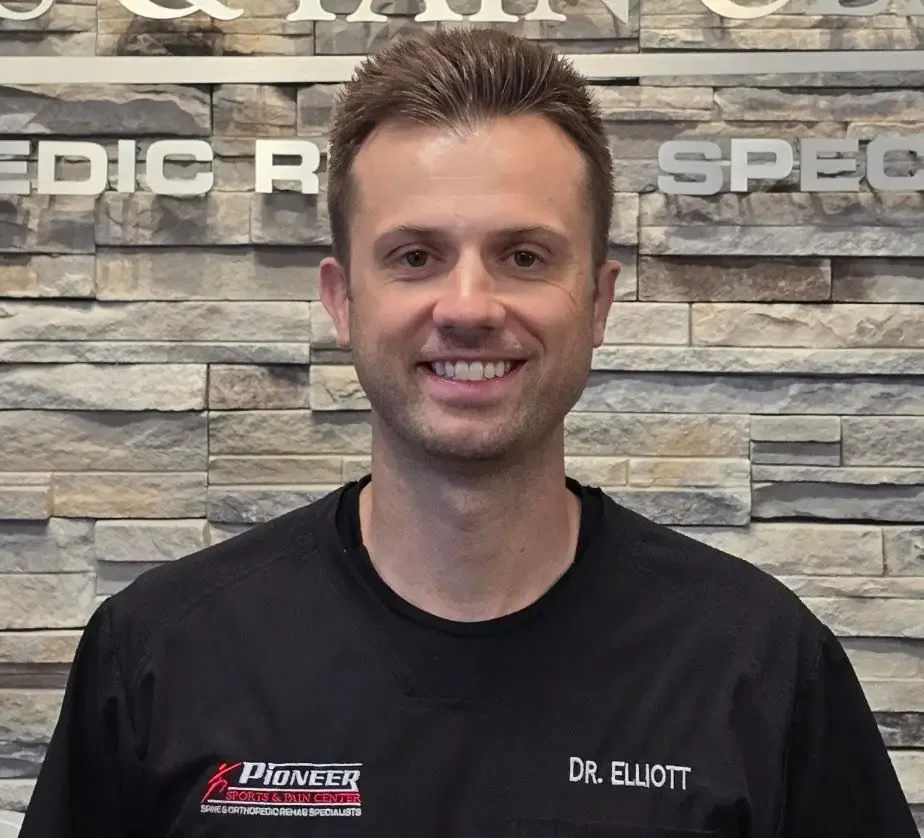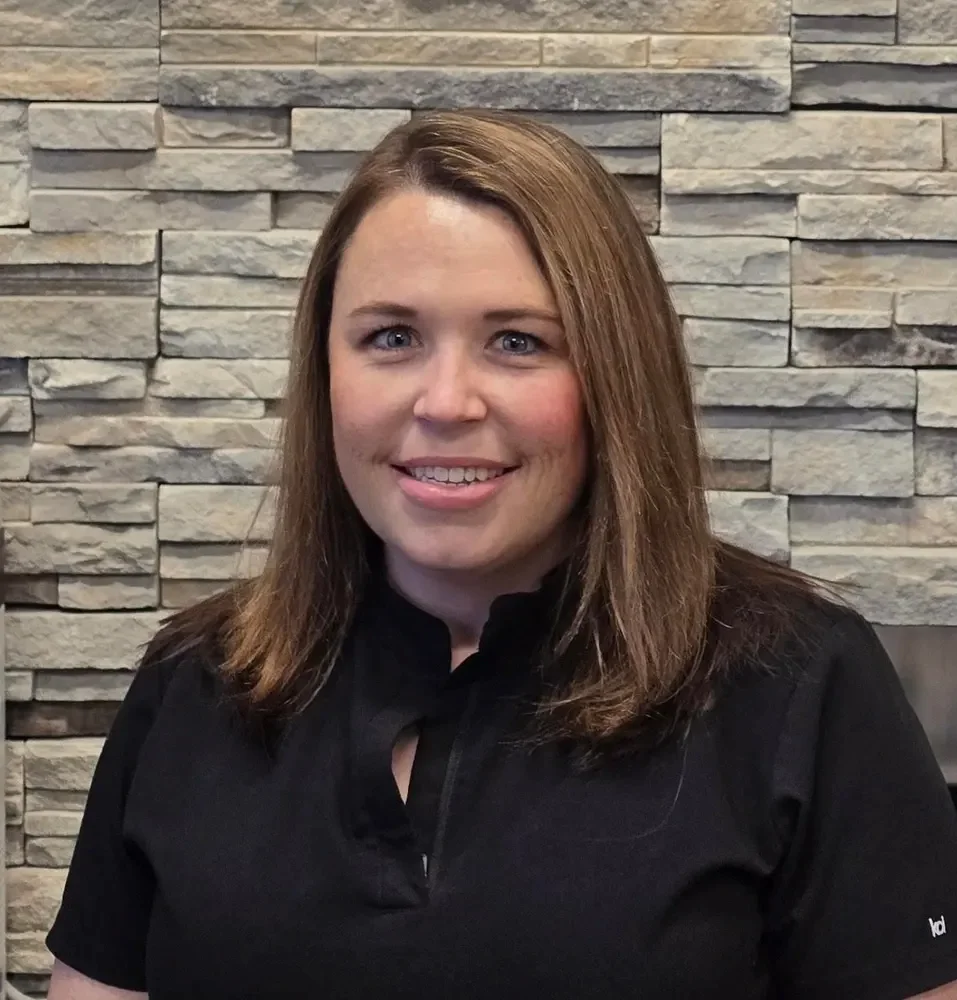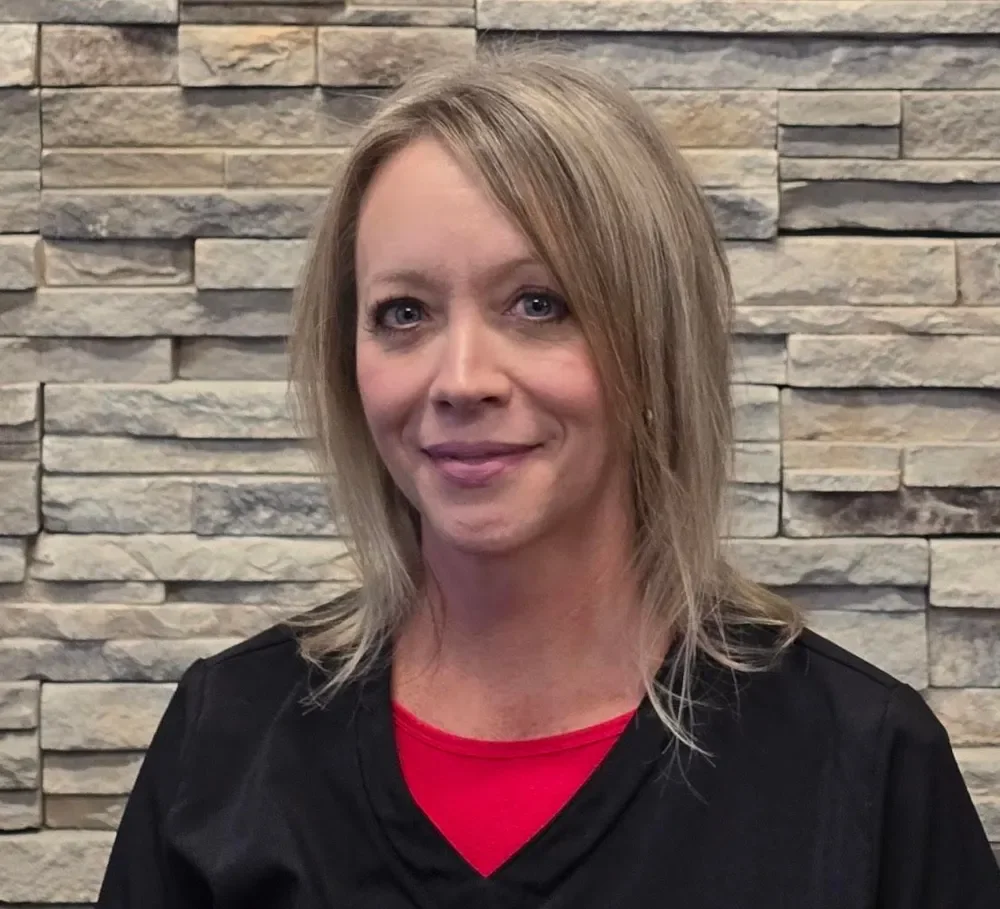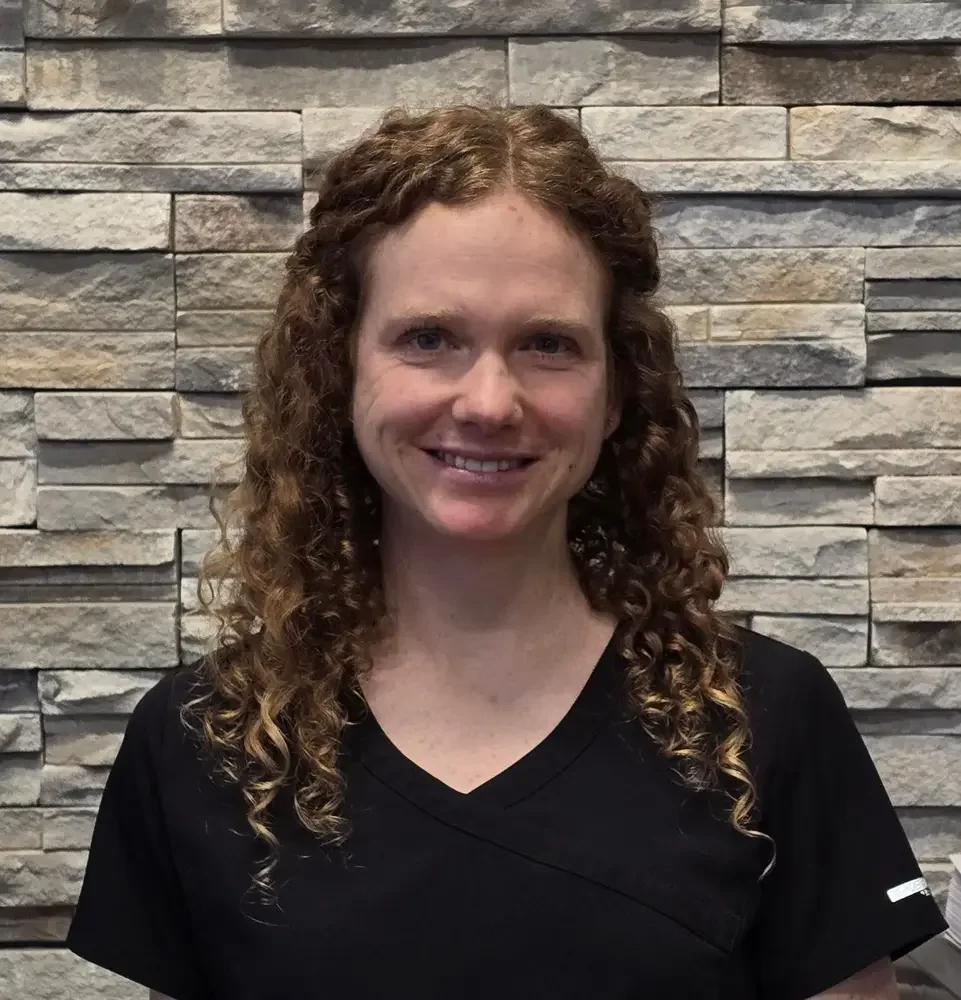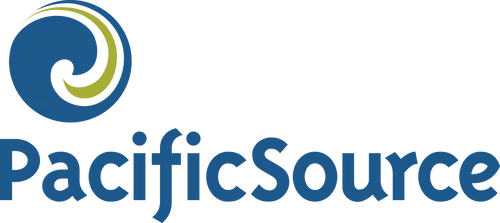Proprioceptive Neuromuscular Facilitation (PNF) in Kuna, ID
Advanced Stretching and Muscle Activation for Performance and Recovery
At Pioneer Sports & Pain Center in Kuna, Idaho, we offer Proprioceptive
Neuromuscular Facilitation (PNF) Stretching as a highly effective technique for improving mobility, joint range of motion, flexibility, and neuromuscular coordination. Originally developed in clinical neurological rehabilitation, PNF has since been widely adopted in orthopedic, sports medicine, and chiropractic care for its ability to enhance muscle length, strength, and motor control.
PNF is ideal for athletes, rehabilitation patients, and anyone with movement restrictions. Our skilled team integrates PNF into personalized treatment plans to correct dysfunctional movement patterns, reduce muscular imbalances, and optimize performance—whether you’re returning from surgery or training at a high level.
What Is PNF Stretching?
Proprioceptive Neuromuscular Facilitation (PNF) is a method of stretching that combines isometric muscle contraction with passive or assisted stretching to achieve greater improvements in muscle length and joint range of motion than static stretching alone.
PNF works by engaging the neuromuscular system to:
- Facilitate reciprocal inhibition (activating the opposing muscle to relax the target muscle)
- Promote autogenic inhibition (relaxation of the same muscle after an isometric contraction)
- Retrain proprioceptive pathways for greater joint awareness and stability
It’s especially useful for areas of the body affected by injury, immobility, or poor motor control.
How Does PNF Work? A Clinical Breakdown
Step 1: Passive Stretch
The target muscle is lengthened to the point of mild resistance, preparing it for contraction.
Step 2: Isometric Contraction
The patient is asked to contract the muscle against resistance (usually provided by the therapist) for 5–10 seconds. This activates the Golgi tendon organs and initiates autogenic inhibition.
Step 3: Relaxation Phase
The muscle is briefly relaxed after contraction, which reduces neuromuscular tone and allows for greater lengthening.
Step 4: Further Stretch
The therapist then assists in increasing the stretch beyond the original limit, allowing for deeper flexibility gains.
This sequence may be repeated 3–5 times per session for each target muscle group.
Benefits of PNF Stretching
- Increases both passive and active range of motion
- Enhances muscle length and flexibility
- Improves neuromuscular control and joint stability
- Reduces muscle guarding and stiffness
- Enhances athletic performance and recovery
- Re-educates motor patterns after injury or immobilization
- Prevents injury through balanced mobility and strength
Conditions Treated with PNF at Our Clinic
PNF is effective for a wide range of conditions, including:
Orthopedic and Musculoskeletal Issues
- Hamstring tightness
- Hip flexor and groin strain
- Shoulder impingement or frozen shoulder
- Thoracic mobility restrictions
- Low back stiffness due to glute or hip dysfunction
Post-Surgical and Post-Trauma Recovery
- Knee or hip replacements
- ACL or meniscus repair
- Shoulder labrum or rotator cuff surgery
- Prolonged immobilization with soft tissue contracture
Neurological and Functional Disorders
- Muscle spasticity
- Proprioceptive deficits
- Movement re-education after nerve damage
- Functional mobility training in stroke or MS patients (when cleared by physician)
Athletic Optimization
- Pre-competition flexibility work
- Post-training recovery
- Injury prevention for runners, lifters, swimmers, and rotational athletes
Who Can Benefit From PNF?
- Athletes wanting to increase flexibility and prevent injury
- Post-surgical patients with range-of-motion deficits
- Chronic pain patients with joint stiffness and muscular imbalance
- Desk workers and manual laborers experiencing postural tightness
- Seniors working to improve balance, stability, and movement confidence
- Anyone struggling with tightness, pain, or joint dysfunction
What to Expect During Your PNF Session
Initial Assessment
We evaluate your flexibility, muscle tone, joint range of motion, and identify areas of dysfunction. We also assess muscular imbalances and postural alignment.
Targeted Stretching Sequence
Our provider will guide you through gentle contractions of the target muscle followed by assisted stretching. PNF can be performed on:
- Hamstrings, quads, glutes
- Hip flexors and adductors
- Calves and ankles
- Shoulders and rotator cuff
- Cervical spine and thoracic region
- Low back and core stabilizers
Integrated Rehab Programming
PNF is often incorporated into full treatment plans that may also include:
- Chiropractic adjustments
- Manual therapy and myofascial release
- Dry needling or cupping
- Corrective exercises and BFR
- Functional movement training
Each session is adapted to your unique goals and condition.
Why Choose Pioneer Sports & Pain Center for PNF in Kuna, ID?
- Certified Providers with Advanced Rehab Training
Our clinicians are skilled in orthopedic and neurological PNF applications across a broad range of patient populations. - Customized Flexibility and Performance Programs
We tailor every stretch sequence to your range, strength, and comfort level. No one-size-fits-all therapy here. - Integrated Chiropractic and Rehab Approach
Your PNF stretching isn’t isolated—it’s part of a comprehensive care strategy to improve your function and recovery. - Trusted Local Expertise
We proudly serve patients from Kuna, Nampa, Meridian, Boise, and across the Treasure Valley with expert, compassionate care.
Frequently Asked Questions (FAQ)
Is PNF stretching painful?
PNF should not be painful. You may feel a deep stretch or slight discomfort during the contraction phase, but it is always controlled and well-monitored. Our therapists guide you through every step to ensure comfort and safety.
How is PNF different from yoga or dynamic stretching?
PNF uses a sequence of muscle contraction followed by a deeper stretch, making it more neurologically driven and effective for flexibility than general dynamic or static stretching.
Can PNF be used in injury rehab?
Absolutely. PNF is excellent for restoring joint range of motion and muscular control after injury or surgery. It’s commonly used in orthopedic and neurological rehab settings.
How often should I do PNF?
2–3 sessions per week is common for most rehab and performance cases. Your provider will create a schedule based on your goals, condition, and tolerance.
Is PNF safe for older adults or post-surgical patients?
Yes—with proper modifications. We use gentle contractions and lower resistance for those with reduced strength or mobility, ensuring safe progress.
Can I combine PNF with other services?
Yes. PNF is often paired with chiropractic adjustments, physical therapy, and corrective exercise for best results. It helps maintain alignment and mobility gains achieved through other treatments.
Is PNF covered by insurance?
When used as part of a medically necessary rehab or chiropractic treatment plan, PNF may be covered. We will verify your insurance benefits and discuss options with you prior to care.
Improve Flexibility, Movement, and Control With PNF in Kuna, ID
Whether you're recovering from an injury, trying to improve your performance, or simply want to move better with less pain, Proprioceptive Neuromuscular Facilitation (PNF) is a safe, effective method to achieve meaningful results—fast. Schedule your PNF evaluation today at Pioneer Sports & Pain Center.

